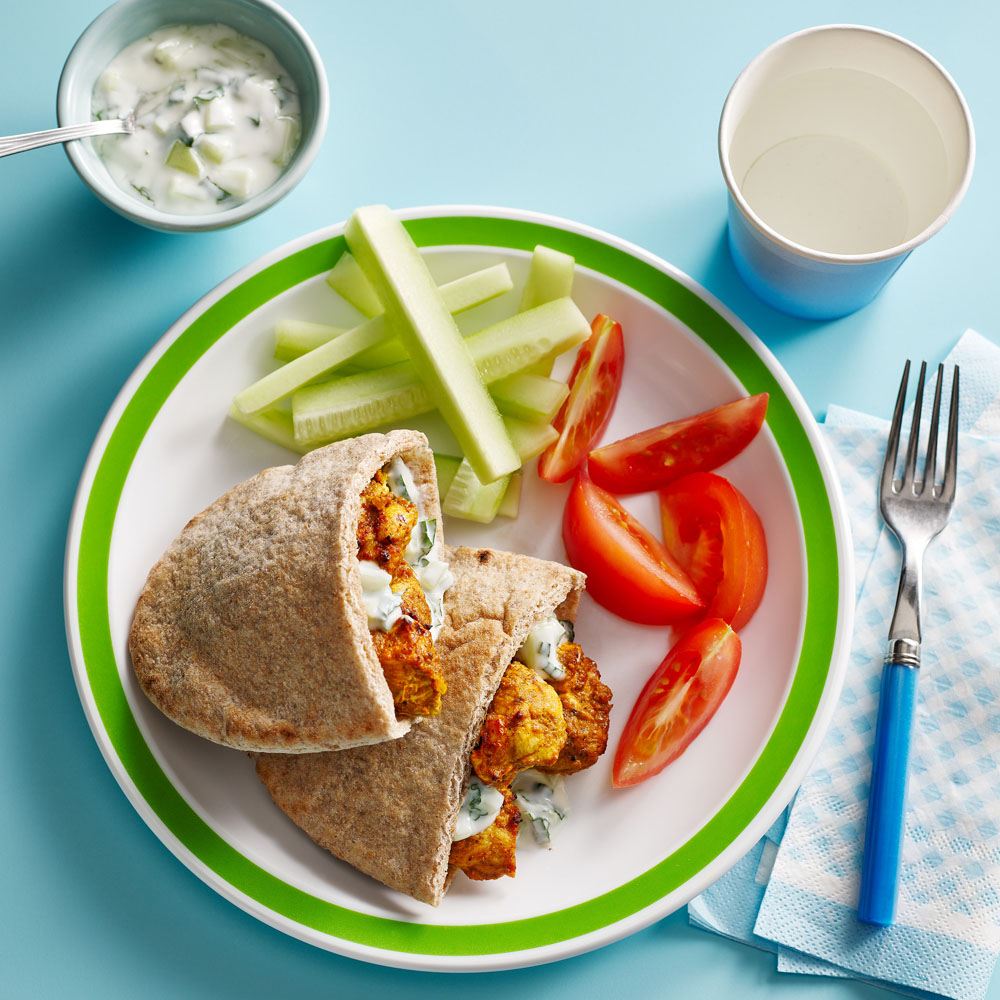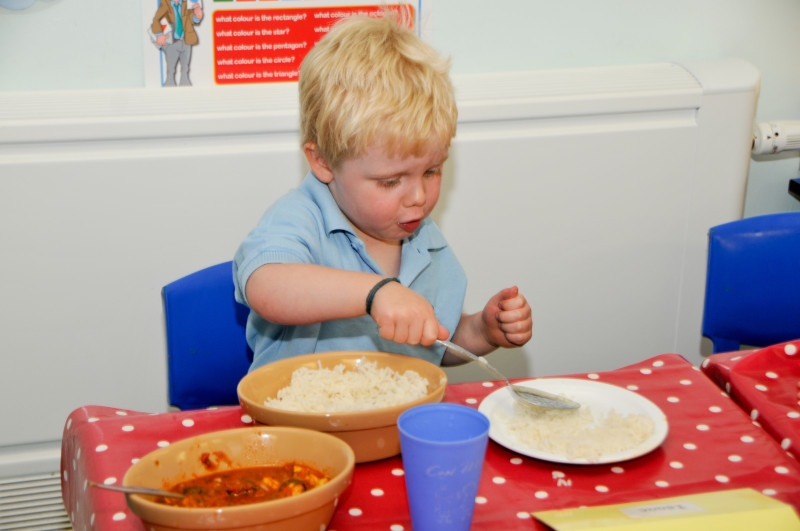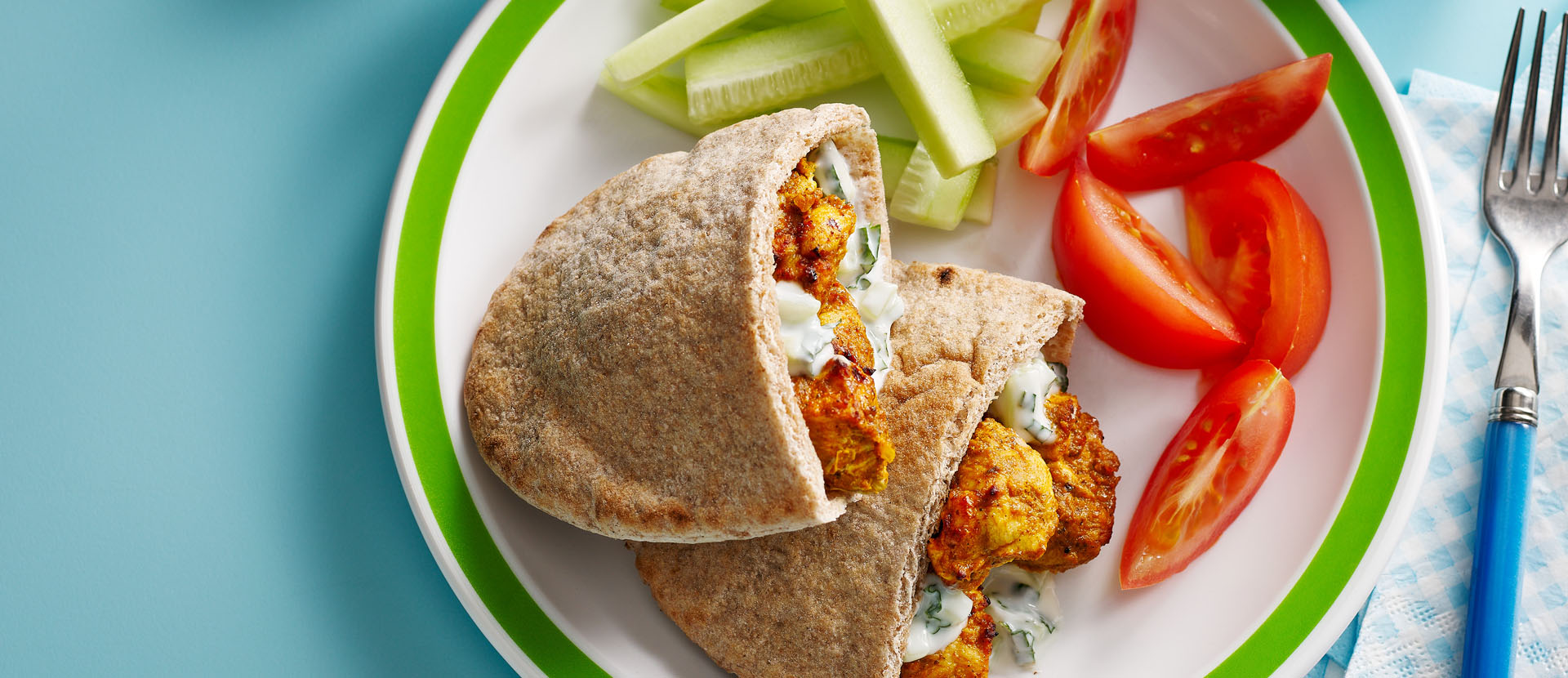
Individual Preferences and Flexibility
Individual Preferences and Flexibility
At Bright Horizons, we cater for the diverse needs of children, recognising that they come from many differing backgrounds, or that that they may have specific dietary needs due to medical reasons. Before a child starts with us, we will always ensure we have gathered the information from their parent or carer, including any relevant information from other professionals, so that we are fully aware of each child’s specific dietary needs.
Allergies:
We work closely with families and medical professionals to put plans in place for children with allergies. These ensure that everyone involved in the child’s care is aware of how the allergy needs to be managed and any action required. Common food allergies in children include milk, eggs, dairy, peanuts, nuts, fish and shellfish. Symptoms can range from itching in the mouth, throat or ears, swelling of the face or, in the most severe of cases, an allergic reaction known as anaphylactic shock, which can be life threatening.
Intolerances:
Unlike food allergies, the symptoms of an intolerance to food are less severe and non-life threatening. However, we still take the utmost care to manage intolerances to ensure children’s ongoing good health. Symptoms of intolerances can present themselves some time after the food has been consumed and the effects can cause distress in young children. Like the management of allergies, a care plan will be implemented that details the specific needs of the child and the actions required.
Coeliac Disease:
Coeliac disease in young children is an autoimmune disease that can sometimes be mistaken for an intolerance and/or allergy. When coeliac disease has been identified and confirmed by a medical professional, we offer gluten free products and adapt the daily menu to suit their individual needs as necessary.
Religious and Cultural Preferences:
At Bright Horizons, we respect the traditions and culture of each of our children and families. We cater for several religious and cultural diets, recognising that some foods are prohibited. We are guided by the needs of each child, as we identify that some groups follow traditions more stringently than others do.
Vegetarian:
Our vegetarian diets are healthy and include all necessary nutrients. We ensure a vegetable source of protein, such as dried beans, peas or lentils are served with a grain or cereal i.e. bread, pasta and rice.
Vegan:
We will continue to support a vegan diet and ensure we work with parents to explain which vegan friendly products and foods we are able to serve at nursery. Many vegan based products can contain nuts as a main source of protein; therefore, these are not suitable for use within our nurseries.
With all these specialist diets, we work with our families to ensure we are meeting the child’s individual needs whilst maintaining a balanced diet.
Find out more...









